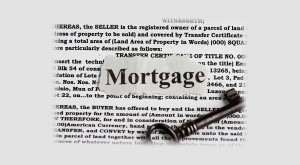
September 6, 2013
FHA Loan Rules on Second Loans: A Reader Question
A reader asks, “I am a co-borrower on another FHA loan. Do I not have the right to acquire a FHA loan where I would be the primary borrower and the secondary residence would be my primary residence? I was informed I could not have or be on two FHA loans by my tentative mortgage company.” FHA loan rules covering issues like these are found in HUD 4155.1, Chapter Four Section B. It states, “To prevent circumvention of the restrictions on making FHA-insured mortgages to investors, FHA generally will not insure more than one principal residence mortgage for any borrower.” “FHA will not insure a mortgage if it is determined that the transaction was designed to use FHA mortgage insurance as a vehicle for obtaining investment properties, even if the | more...








